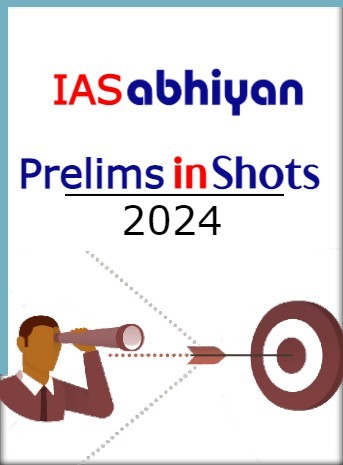-
The NFHS 4 results demonstrate that the improvements over NFHS 3 are significant for many key indicators, but there are considerable rural, urban and inter State disparities in key indicators.
-
Health is a state subject and the lag in improvement of indicators is linked to low baselines, limited investment and inefficiencies in spending by States.
-
The country is undergoing a demographic and epidemiological transition and that life style related diseases are on the rise.
-
There is also a significant influence on non-health determinants – such as education, income level, access to water, sanitation and nutrition, clean fuel, etc, that impact health status.
-
These actions require significant multi-sectoral convergence, and are beyond the purview of the Ministry of Health Family welfare alone.
-
Though the health is a state subject, yet under National Health Mission (NHM), support is provided to the States/UTs to strengthen their health care system based on the requirements proposed by them under Programme Implementation Plans.
-
NHM envisages achievement of universal access to equitable, affordable & quality healthcare services that are accountable and responsive to people’s needs.
-
The main programmatic components include Health System Strengthening in rural and urban areas, Reproductive, Maternal, New-born, Child and Adolescent Health (RMNCH+A) interventions and control of Communicable and Non-Communicable Diseases.
-
Based on the emerging issues some of the recent initiatives taken include:
-
Launching of PradhanMantri National Dialysis Services Programme,
-
Launching Mother’s Absolute Affection (MAA) Programme
-
Launching of PradhanMantriSurakshitMatritvaAbhiyan,
-
Introduction of Rubella vaccine- it is an Universal Immunization Programme as Measles-Rubella combination vaccine to provide protection against congenital birth defects caused by Rubella infection,
-
Launching of “Mission ParivarVikas” in 145 high focus districts having higher total fertility rates(TFR) in the country,
-
Expansion of basket of choices, to include new contraceptives like Injectable contraceptive, Centchroman and Progestogen Only Pills (POP),
-
Launching of a universal population based screening programme for early detection, management and control of common non-communicable diseases such as hypertension, diabetes, and cancers (breast, cervix and oral).
-
Swachh Swasth Sarvatra (SSS), a joint initiative of the Ministry of Health & Family Welfare (MoHFW) and the Ministry of Drinking Water and Sanitation (MoDWS) to leverage the achievements of the two Ministries for convergence of the interventions to maximize the health gains.
Source:PIB

